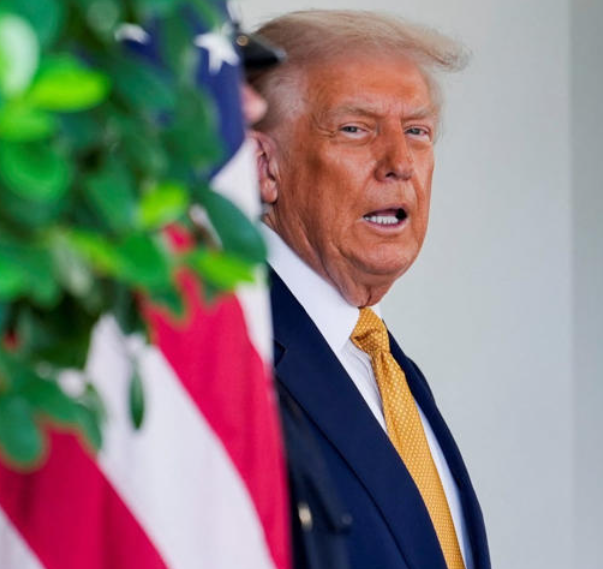
U.S. intelligence officials have officially attributed a recent cyber attack on former President Donald Trump’s presidential campaign to Iranian hackers, marking the first formal recognition by the U.S. government of Tehran’s involvement in this significant breach. The attack, which had previously been speculated by Trump to have originated from Iran, underscores growing concerns over foreign interference in the American electoral process.
In a joint statement released on Monday, the FBI, the Office of the Director of National Intelligence (ODNI), and the Cybersecurity and Infrastructure Security Agency (CISA) confirmed Iran’s role in the cyber intrusion. The statement emphasized that Iranian operatives targeted both Republican and Democratic campaigns, signaling a broader effort to disrupt the U.S. electoral process.
“Iran has perceived this year’s presidential election as particularly consequential, and its efforts to interfere through hacking operations and other activities have been increasingly aggressive,” the statement read. The agencies noted that Tehran’s goal was to stoke discord within the United States and to undermine confidence in democratic institutions, a tactic that has been observed in other malign foreign influence operations.
The FBI’s ongoing investigation into the matter has revealed that the Iranian hackers sought access to individuals with direct connections to both Trump’s and Democrat Kamala Harris’ campaigns. This suggests a comprehensive strategy aimed not just at one political party, but at the broader electoral system.
The announcement comes amid heightened tensions between the U.S. and Iran, with both nations locked in a prolonged standoff over a range of issues, including nuclear proliferation, regional influence, and economic sanctions. Iran’s alleged cyber activities are seen as part of a wider strategy to assert its influence on the global stage by sowing chaos in rival nations’ domestic affairs.
The U.S. government’s attribution of the hack to Iran highlights the ongoing vulnerability of American political campaigns to foreign cyber threats. It also raises questions about the effectiveness of existing cybersecurity measures designed to protect the integrity of the electoral process.
As the 2024 presidential race intensifies, the revelation of Iran’s involvement in this cyber attack will likely fuel further debate about the role of foreign interference in U.S. elections. Both political parties are expected to call for stronger defenses against such threats, as well as a more robust response to those who seek to undermine American democracy.
The Trump campaign has yet to issue an official response to the government’s findings.
Credit: Associated Press (AP)







